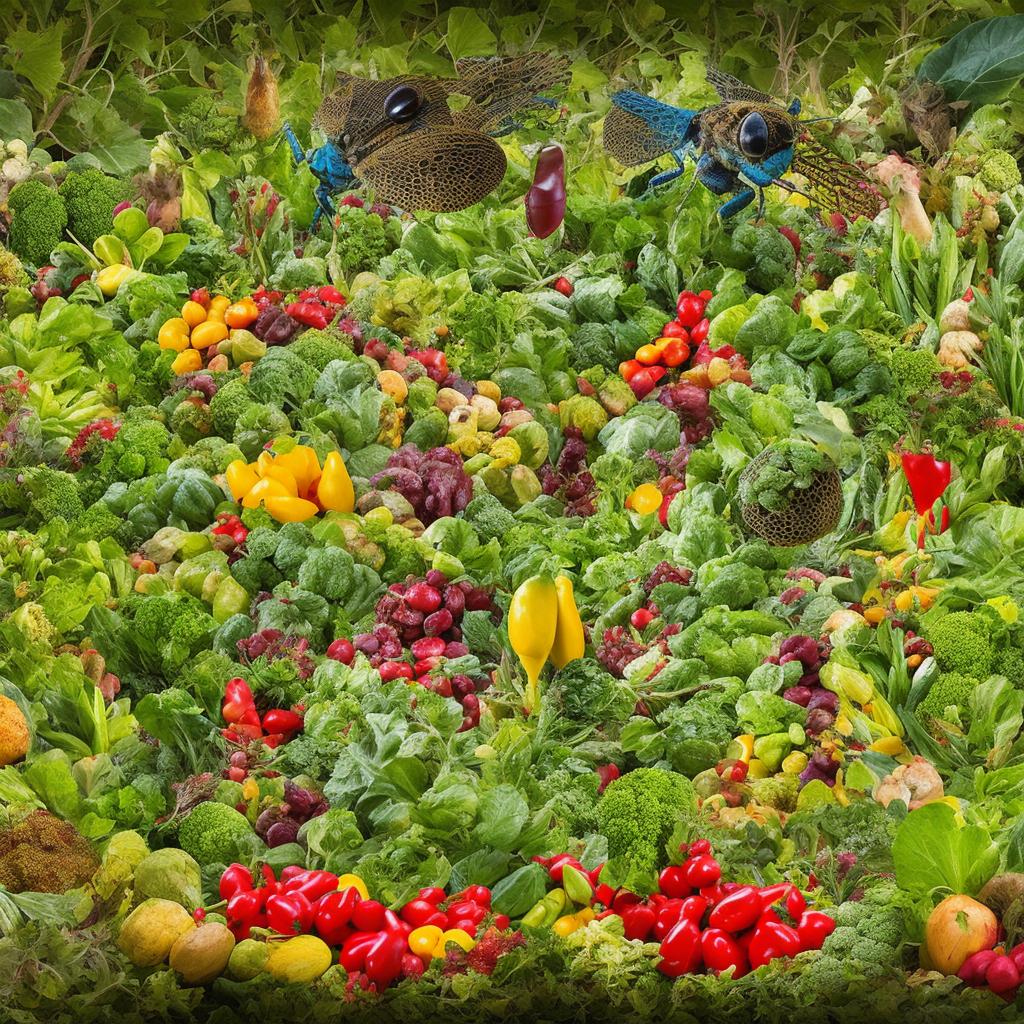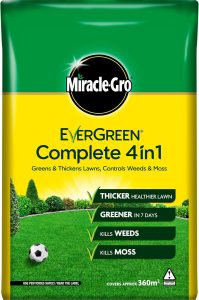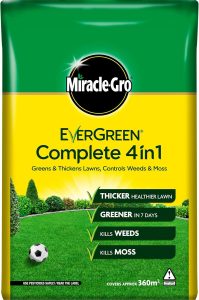In the vibrant dance of nature in our gardens, pests often crash the party uninvited, wreaking havoc on our precious blooms and crops. Enter DIY natural pesticides, the ingenious solution that harnesses the power of Mother Nature to fend off unwelcome guests without the use of harmful chemicals. Join us as we explore the art of eco-friendly pest control and discover simple yet effective ways to keep your garden thriving and pest-free.
Choosing the Right Natural Ingredients for Homemade Pesticides
When it comes to protecting your garden from pesky pests, DIY natural pesticides can be a great solution. By using natural ingredients, you can effectively control insects without harming the environment or your health. However, it’s important to choose the right ingredients for your homemade pesticides to ensure they are effective and safe for your plants.
Some common natural ingredients for homemade pesticides include garlic, neem oil, peppermint oil, and vinegar. These ingredients are known for their insect-repelling properties and can help keep pests at bay. Additionally, dish soap can be used as a surfactant to help the pesticide adhere to the insects. Remember to always test your homemade pesticide on a small area of your plants before applying it to the entire garden to ensure it doesn’t cause any damage.
Effective DIY Recipes for Common Garden Pests
Are pesky pests wreaking havoc on your garden? Say goodbye to harmful chemicals and try out these DIY natural pesticides to keep common garden pests at bay. These simple recipes use natural ingredients that are safe for your plants, family, and the environment.
- Garlic Spray: Mix chopped garlic cloves with water and let it sit overnight. Strain the liquid and add a few drops of dish soap. Spray this mixture on plants to deter aphids and spider mites.
- Diatomaceous Earth Barrier: Sprinkle food-grade diatomaceous earth around plants to create a barrier against slugs, beetles, and other crawling insects. This natural substance dehydrates pests, effectively controlling their population.
Tips for Applying Natural Pesticides Safely and Successfully
When it comes to keeping your garden free from pests, natural pesticides can be a safe and effective solution. However, it is important to apply them properly to ensure their success without harming the environment or beneficial insects. Here are a few tips to help you apply natural pesticides safely and successfully:
- Choose the right natural pesticide: There are many natural pesticides available, so make sure to choose one that is effective against the pests you are dealing with.
- Follow the application instructions: Read the label carefully and follow the instructions on how to dilute and apply the pesticide. Applying too much can harm plants and wildlife, while applying too little may not be effective.
- Avoid applying during windy or rainy conditions: Wind can carry the pesticide to unintended areas, while rain can wash it away. Choose a calm, dry day for application to ensure the pesticide stays where you need it.
- Protect yourself: Wear protective clothing, gloves, and a mask when applying natural pesticides to avoid skin and respiratory irritation.
Additional Strategies for Integrated Pest Management in Organic Gardening
When it comes to managing pests in your organic garden, it’s important to explore a variety of strategies to keep your plants healthy and thriving. In addition to practicing good cultural practices and using beneficial insects, DIY natural pesticides can be an effective way to control garden pests without harming the environment. Here are some additional strategies for integrated pest management that you can use in your organic gardening:
- Garlic Spray: Create a homemade garlic spray by blending garlic cloves with water and straining the mixture into a spray bottle. This natural pesticide can help repel aphids, beetles, and other garden pests from your plants.
- Neem Oil: Neem oil is a popular organic pesticide that can be used to control a variety of pests, including aphids, spider mites, and whiteflies. Dilute neem oil with water and spray it on your plants to keep pests at bay.
Wrapping Up
As you can see, creating your own natural pesticides for garden pest control is not only effective but also environmentally friendly. By using simple ingredients that are readily available, you can protect your plants without harming beneficial insects or contaminating the soil. So the next time you notice pests invading your garden, why not give these DIY natural pesticides a try? Your plants will thank you for it!




